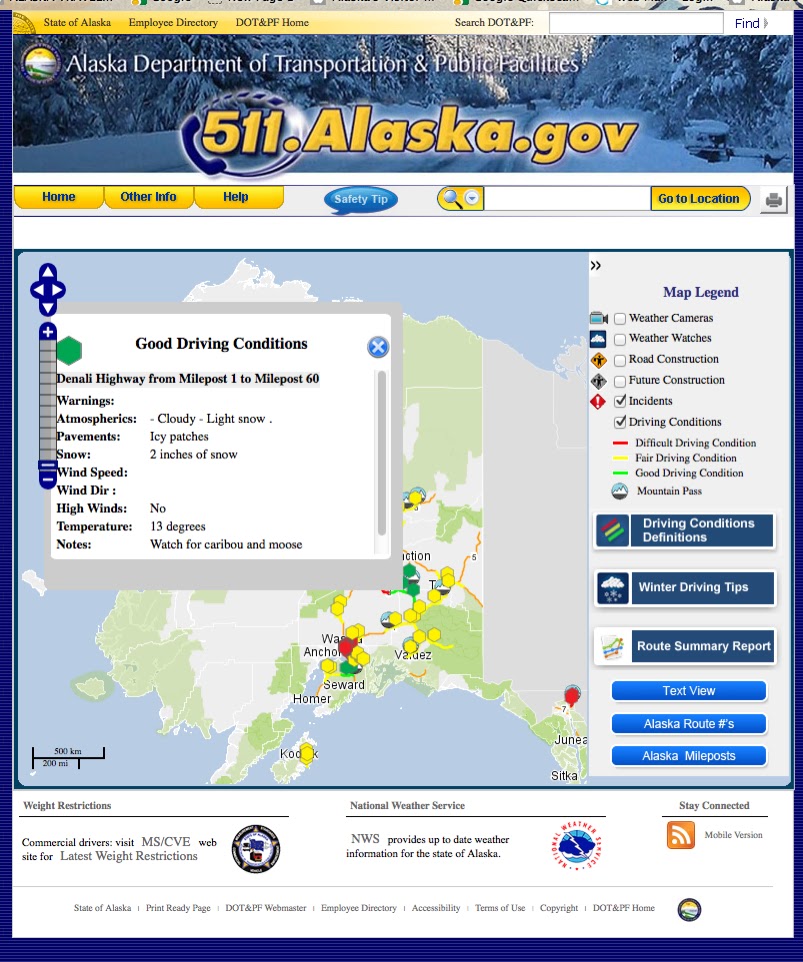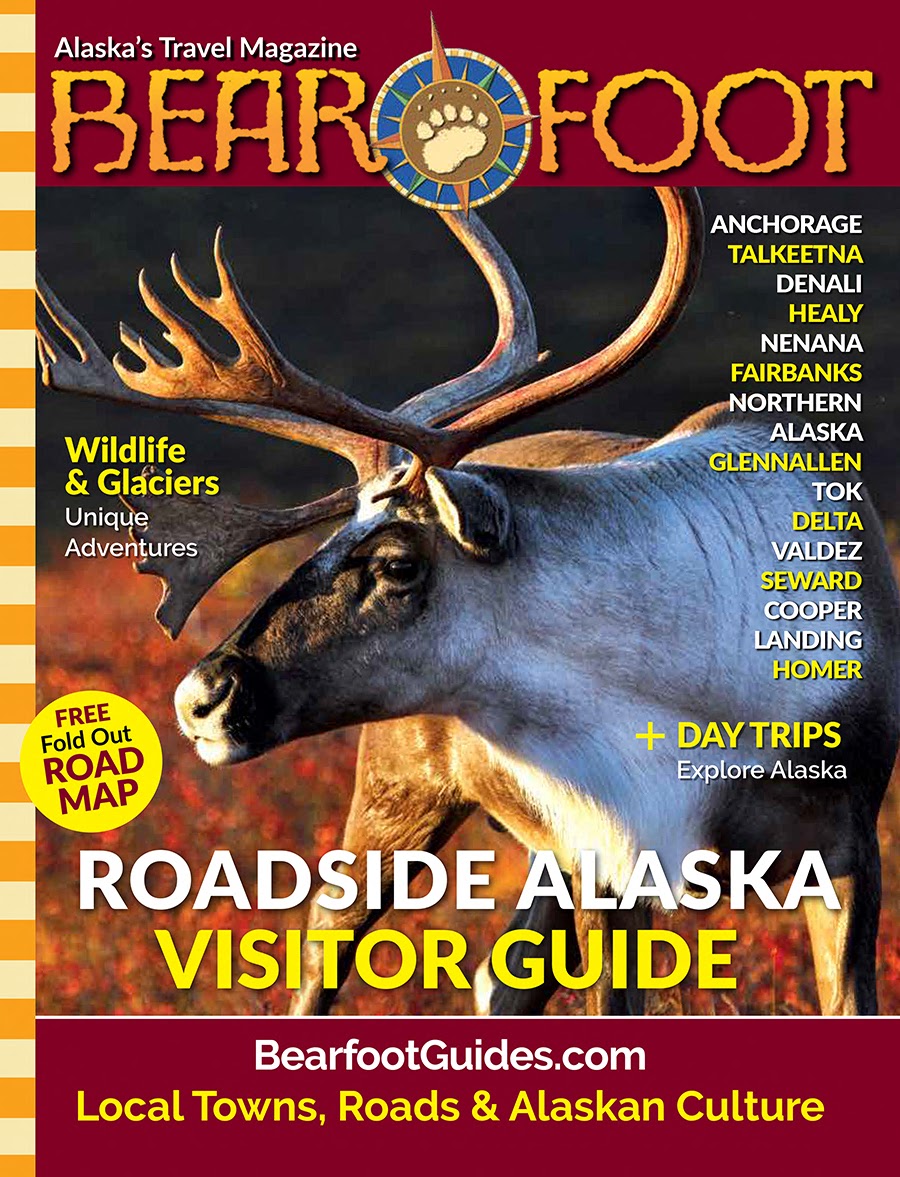Public Safety Commissioner Says Will Commit Resources To Rural Alaska Violence
Public safety commissioner seeks change in Alaska’s missing and murdered Indigenous people response ‘We’ve closed our eyes and allowed rural...
Public safety commissioner seeks change in Alaska’s missing and murdered Indigenous people response
‘We’ve closed our eyes and allowed rural Alaska to be seriously victimized,’ Cockrell said
Alaska Department of Public Safety Commissioner James Cockrell told lawmakers on Tuesday that he doesn’t know how the state can justify the relative lack of resources it has provided to rural Alaska.
“Since statehood, the state has followed a false pass on how we provide law enforcement services around this state,” he said. “We certainly have disproportionate resources in rural Alaska. And it’s shameful.”
As bills to address the crisis of missing and murdered Indigenous people in Alaska move through the legislative process, the state is reckoning with systemic issues that have hindered its response. Cockrell said that the Department of Public Safety has taken steps to reduce the inequities, but he would like lawmakers to give him the ability to move resources from urban areas to rural ones.
“We’ve closed our eyes and allowed rural Alaska to be seriously victimized,” he said.
Disproportionate resources
Alaska Native people experience the highest rates of domestic and sexual violence in the nation, even compared with the high rates for other tribes in the U.S. But remote communities in Alaska are notoriously lacking in law enforcement, especially Alaska Native villages that are off the road system.
Tami Truett Jerue, the executive director of Alaska Native Women’s Resource Center and a member of the national Not Invisible Commission, has worked to increase awareness and resources around this issue for decades. She said Alaska’s nationally high rates of domestic violence, sexual assault and human trafficking are deeply linked to the high rates of missing and murdered Indigenous people.
“It’s challenging to understand why the statistics are so high,” she said, adding that the numbers reflect people. “Really the issue is that through colonization and the lack of truly collaborative relationships with our tribes… that’s where it’s a very high number.”
She pointed out that the federal Violence Against Women’s Act now has an Alaska-specific chapter because of those challenges — and the heightened rate of victimization here. The federal law was amended to add the chapter in 2022.
Joel Jackson, president of the Organized Village of Kake, said the specter of crime in his village keeps him up nights because there is no law enforcement in his community.
He said there have been two active shooters in Lake in Southeast Alaska in the last year, but no one to respond to them. After two young women were murdered there about a decade ago, he said a group of locals patrolled the village to calm people’s fears while they waited for law enforcement.
“We’ve been talking about this issue for how many years now? How many more people are going to die? How many more of our Tribal citizens are going to die because of lack of law enforcement?” he asked representatives. “Enough is enough. I’ve heard all kinds of answers today. Budget issues. OK, how much? How much is the human life worth? You tell me.”
He noted that two village police officers are in training and slated to come serve in Kake. He shook Cockrell’s hand as they exchanged seats in a hearing.
Cockrell said that his department covers about 50 villages with village public safety officer presence, but he has requests for law enforcement from more than 150 villages that do not have coverage.
“When you hear the stories and all they want is a trooper or VPSO and you can’t give it to them — it changes your perception in law enforcement,” he said. “Our focus in the department is more resources for our rural areas, however we can do it.”
He acknowledged that the conversation is uncomfortable — and even made a few remarks about potentially losing his job for addressing it — but he said that too many resources go to urban areas like the Matanuska-Susitna Borough and too few go to the more remote villages.
“With the resources they have available, they could tax and have their own police department or they could pay for what we’re doing,” he said of Mat-Su.
He estimated that the Public Safety Department spends $2 million for dispatch and about $1 million for office space and storage there and said that money cannot be used elsewhere in the state.
“We’re a state police agency, not an urban police agency. And they’re running our troopers ragged,” he said.
He said that in the past the department has danced around the issue of the resources spent in urban areas. “You got to say it, right? You got to do it. That’s why we’re here, is to make a change,” he said.
“It’s a slow-moving tide coming in”
There are three bills aimed at increasing the response to the MMIP crisis and better serving remote villages this year.
Rep. CJ McCormick, D-Bethel, filed bills that would require special training for law enforcement that handle cases involving missing and murdered Indigenous people and a special commission to investigate the state’s handling of those cases, as well as a bill that would require missing persons reports to be posted to a national database within a month.
A bill filed by Sen. Donny Olson, a Golovin Democrat, would create a special commission to review unsolved cases involving missing and murdered Indigenous people and submit a report with recommendations for improvement. Indigenous advocacy groups flew in to testify when the measure, Senate Bill 151, got a hearing at the Senate State Affairs Committee on Tuesday.
For the first time, the Affiliated Tribes of the Northwest Indians are looking to Alaska to see what happens because they adopted this resolution.
– Heather Gurko, President of the Alaska Native Brotherhood
Kai Monture, from Yakutat, told lawmakers that he is a brother, cousin, uncle, nephew and friend to multiple women and girls that have survived assault. He said the Tlingit people are matrilineal people, so his access to the history of his clan, culture and language comes through his female relatives.
“I have a lot of shame and grief that our women suffer so much. And they’re hurt so much, and targeted for all these evil things,” he said. He said no one entity can protect Alaska Native women, and he urged lawmakers to take action.
Heather Gurko, president of the Alaska Native Brotherhood, said the organization drafted a letter to support the bill, and then a regional tribal nonprofit wrote a resolution in support.
“Fifty-seven tribes are looking at what’s going to happen here,” she said. “For the first time, the Affiliated Tribes of the Northwest Indians are looking to Alaska to see what happens because they adopted this resolution.”
Gurko said that, though Alaska is her home, she resides in Portland, Oregon, after the trauma of sexual assaults in her youth here.
“I don’t feel safe enough to come forward,” she said. “I hope no other person ever has to feel that way. If we can take action and we continue to grow forward, and lift up and work towards protection and healing for many of us, we know that our future generations won’t ever have to worry about this kind of a problem.”
Cockrell said the Department of Public Safety is in full support of Sen. Olson’s bill. He said in the last year the department added an MMIP investigator but the caseload was too high for one person. It now has four; he said he could keep six busy. He said the state has begun to add his department’s 1,333 cases of missing and murdered Indigenous people to National Missing and Unidentified Persons System, NamUs, the national database and has almost completed the task.
“The tide is turning,” he said. “It’s a slow moving tide coming in.”
SEE ALASKA BEACON STORY HERE: https://alaskabeacon.com/2024/02/08/public-safety-commissioner-calls-for-change-in-alaskas-missing-and-murdered-indigenous-people-response/
















